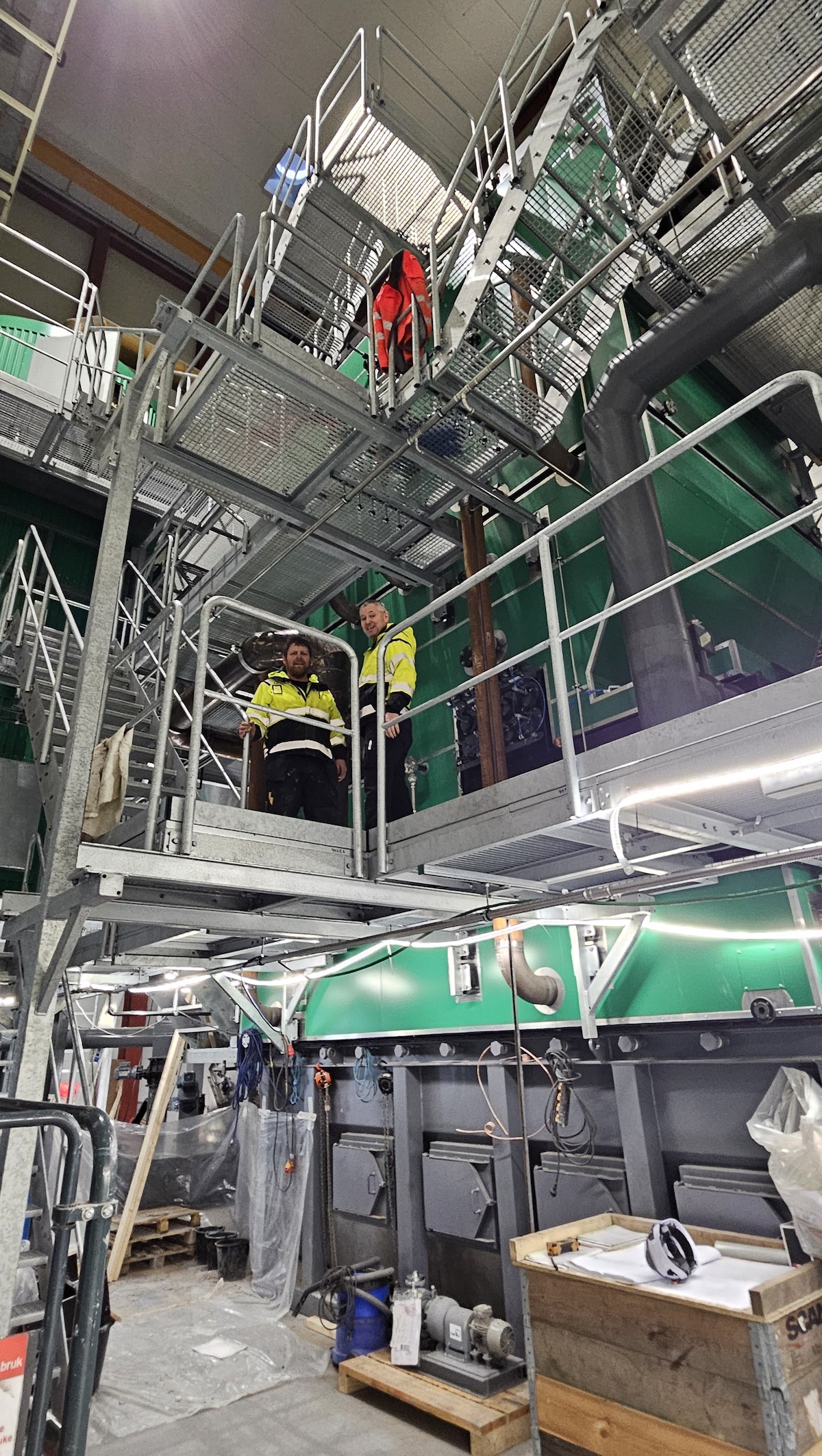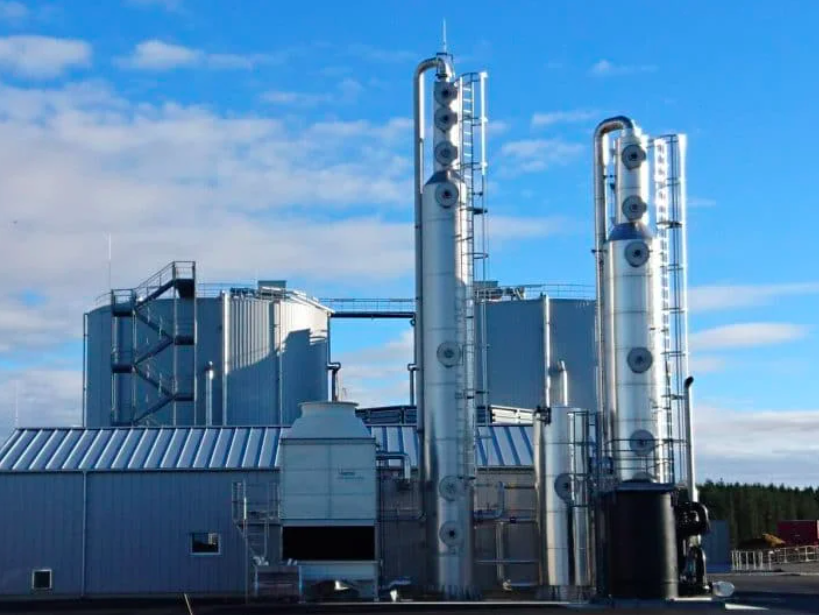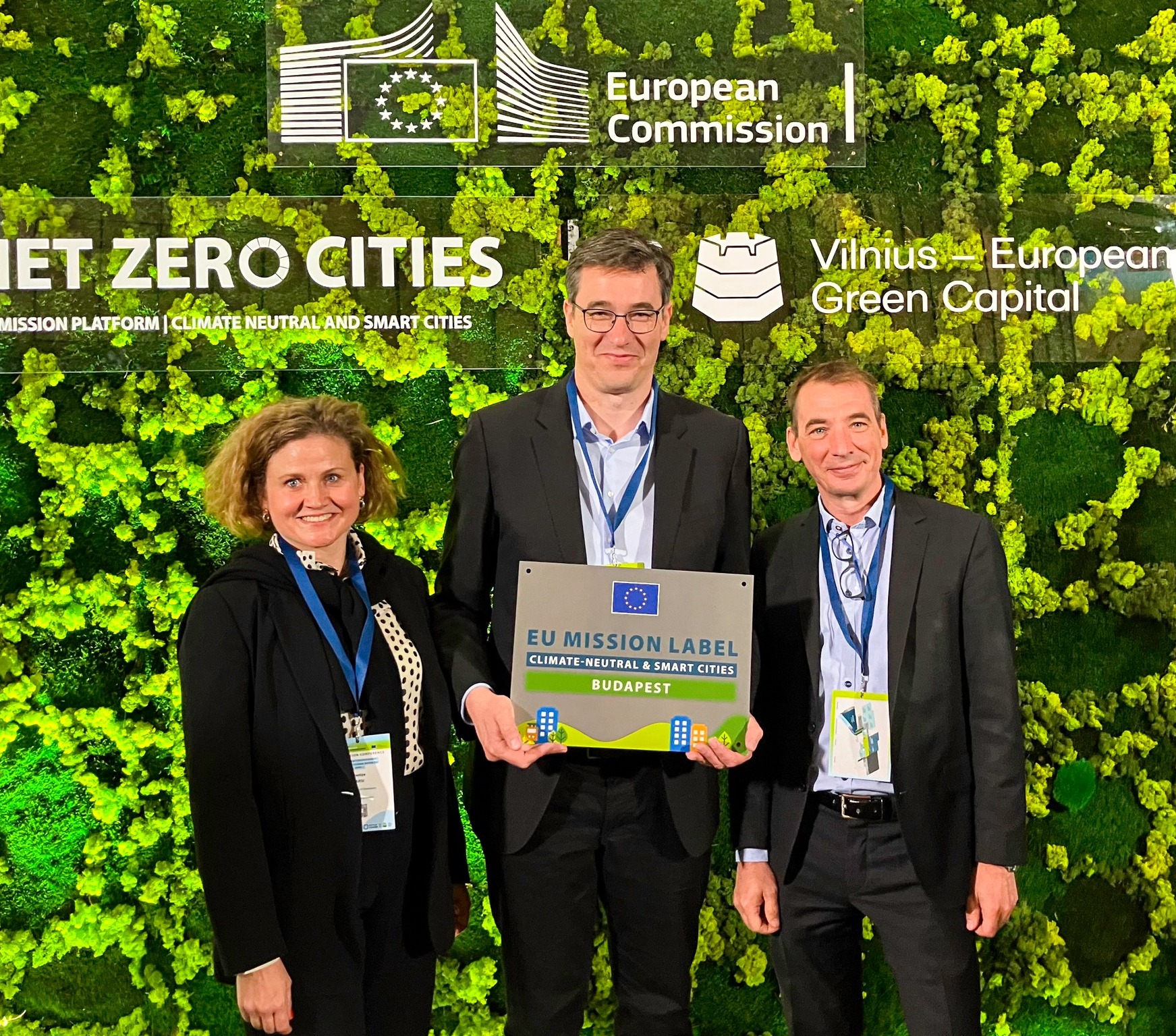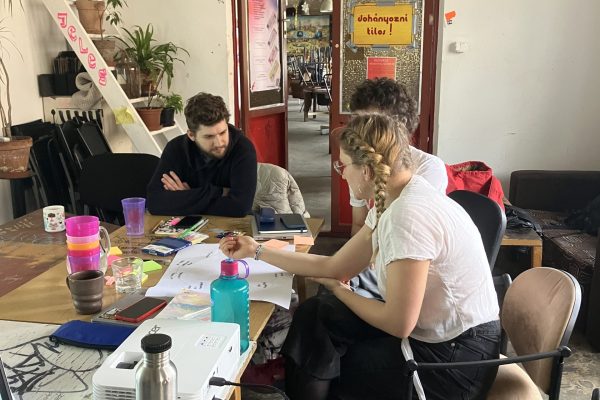Biofuel Innovation in the Industrial Stavanger Pilot
March 5 - 2025

What if agricultural waste could replace fossil fuels and cut emissions by up to 90%? In Norway, in the Hillevåg neighbourhood of the Stavanger pilot in ENERGY4ALL, this is becoming a reality. Felleskjøpet, a farmers’ cooperative feed-manufacturing industry, is taking a bold step toward cleaner energy by launching a biofuel boiler that will turn oat hulls—an agricultural byproduct—into renewable energy.
With Norway set to phase out fossil fuels by 2030, industries must find cost-effective and sustainable alternatives. Felleskjøpet’s biofuel boiler is a direct response to this transition, replacing natural gas with biomass energy while also recovering waste heat from steam production.
Turning Agricultural Waste into Energy
Felleskjøpet, a leader in Norwegian agriculture and feed production, is investing in a biofuel boiler, under construction and set to be operational in late 2025.
The boiler will run on oat hulls, ensuring that agricultural waste is repurposed into renewable energy rather than discarded. Additionally, waste heat from steam production will be recovered, increasing efficiency and sustainability in production.
Key Impacts of the Biofuel Boiler
🔹 70-90% CO2 reduction by replacing fossil fuels
🔹 3.5 MW/h of bioenergy produced from oat hulls
🔹 7,884 tons of oat hulls repurposed annually instead of wasted
🔹 Utilizing waste heat to improve energy efficiency
Sustainability Goals & Energy Transition
Felleskjøpet’s initiative supports Norway’s climate targets and aligns with the United Nations Sustainable Development Goals (SDGs):
- SDG 9 – Industry, Innovation & Infrastructure
- SDG 12 – Responsible Consumption & Production
- SDG 13 – Climate Action
By using agricultural byproducts for fuel and recovering waste heat, Felleskjøpet is proving that industries can transition to renewable energy while maintaining efficiency—a crucial example for sustainable manufacturing in Norway and beyond.











Share on